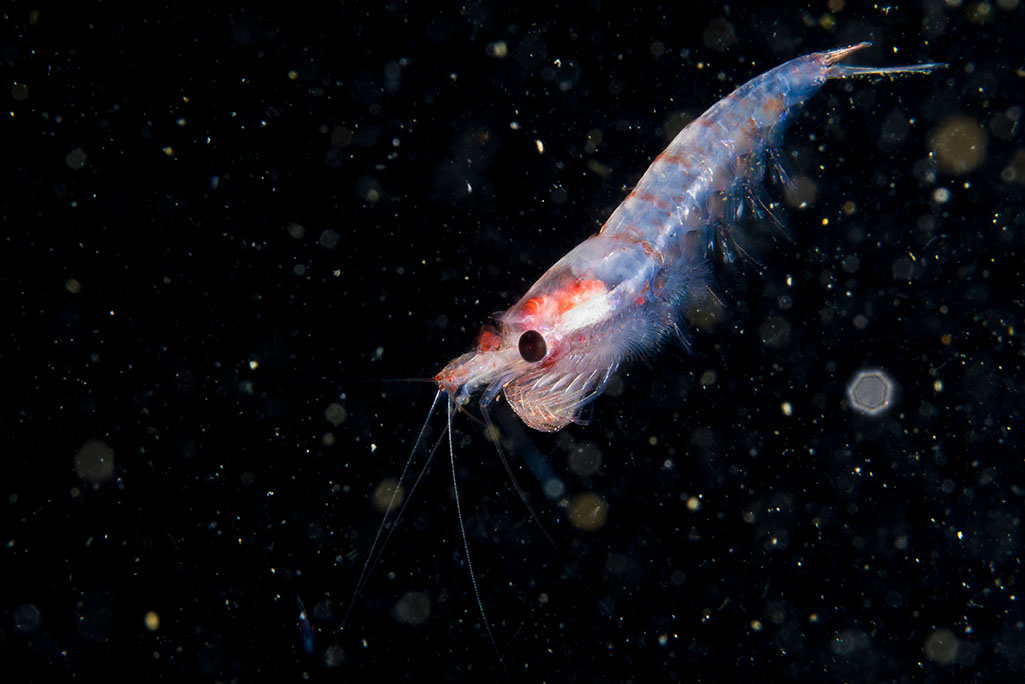
plankton
Definition
Plankton are tiny organisms that live in the water. They are too small to swim against the current, so they drift with the water. Plankton are found in all bodies of water, from oceans to lakes to ponds.
Plankton are divided into two main groups:
- Phytoplankton are plant-like plankton. They make their own food using sunlight. They are the base of the marine food web, as they are eaten by zooplankton and other small organisms.
- Zooplankton are animal-like plankton. They eat phytoplankton, algae, and bacteria. They are eaten by fish, whales, and other marine animals.
Plankton are an important part of the marine ecosystem. They help to regulate the amount of oxygen in the water and they are a food source for many animals. Plankton are also important for climate regulation, as they play a role in the carbon cycle.
How can the word be used?
Phytoplankton are the primary producers in the ocean, and they produce about half of the oxygen on Earth.

Different forms of the word
Noun:
- plankton (small organisms that float or drift in the water column of a body of water).
- phytoplankton (planktonic algae).
- zooplankton (planktonic animals).
Adjective:
- planktonic (of or relating to plankton).
Etymology
The word "plankton" comes from the Greek word "planktos", which means "wanderer".
The word "plankton" was first used in English in the 1800s. It was used to refer to small organisms that floated or drifted in the water column of a body of water.
The root of the word "plankton" is the Greek word "plankein", which means "to wander".
So, the word "plankton" literally means "wanderer". This is a reference to the fact that plankton are small organisms that are carried by the currents of the water.
Question
What eats plankton?
AQA Science Exam Question and Answer
Question:
Define plankton and explain its role in aquatic ecosystems. Provide examples of different types of plankton and discuss their significance in the marine food chain.
Answer:
Plankton refers to a diverse group of microscopic organisms that drift in aquatic environments, unable to swim against the current. They play a crucial role in aquatic ecosystems as the foundation of the marine food chain. Plankton includes both phytoplankton, which are photosynthetic microorganisms, and zooplankton, which are small, animal-like organisms.
Examples of phytoplankton are diatoms and dinoflagellates. They use photosynthesis to convert sunlight into energy, producing oxygen and serving as primary producers. Zooplankton, on the other hand, consist of small animals like krill and copepods that consume phytoplankton or other zooplankton.
Plankton's significance in the marine food chain is profound. Phytoplankton forms the base by converting sunlight and nutrients into organic matter, which is then consumed by zooplankton. These small animals become a critical food source for larger organisms like fish, whales, and even humans.
The planktonic community's productivity influences the entire ecosystem's health, affecting fish populations, oxygen levels, and carbon cycling. Changes in plankton abundance and distribution can impact marine food webs and have cascading effects throughout the ocean.